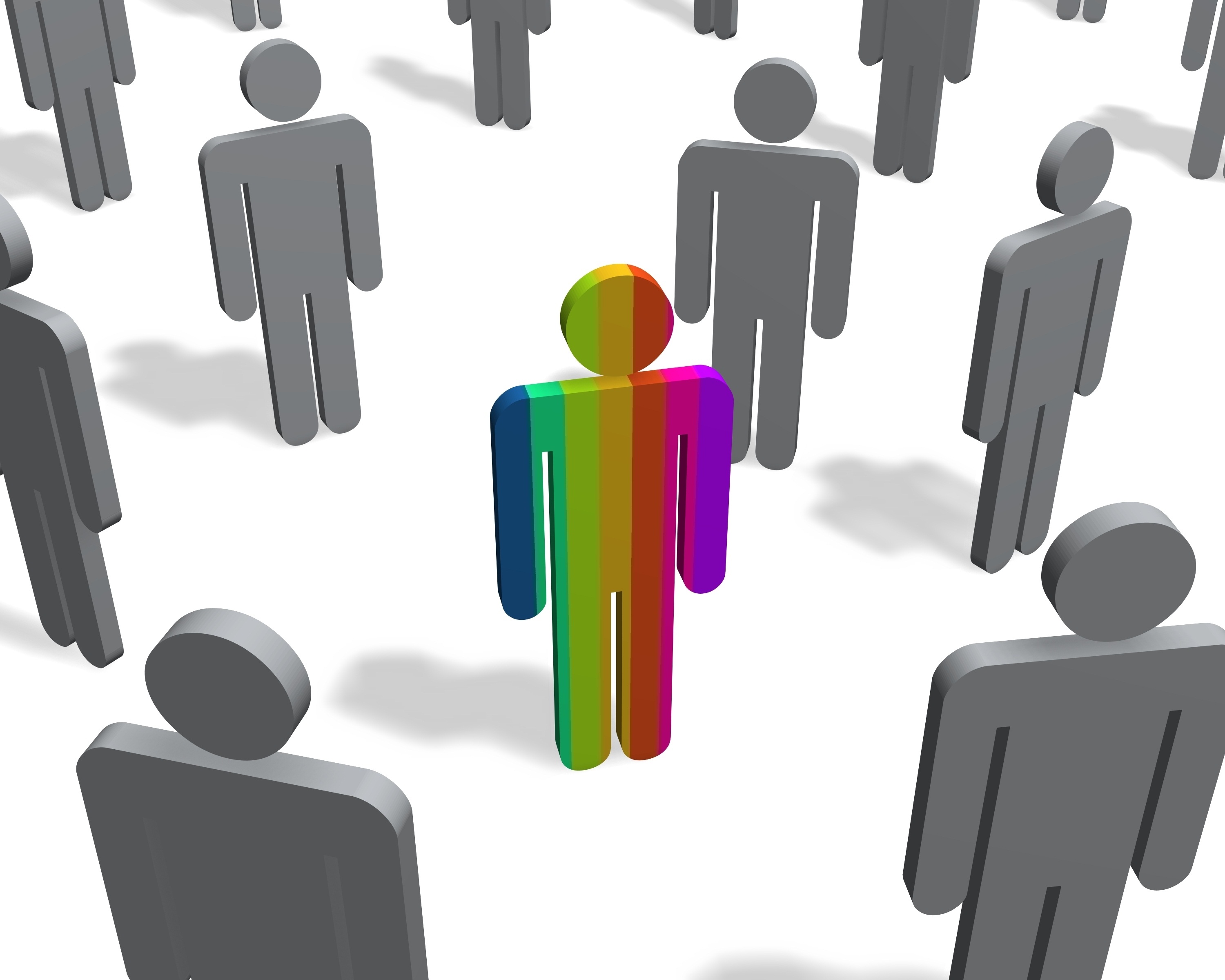By Ashley Mussbacher (The Cascade) – Email
Print Edition: March 4, 2015
When I was seven years old I learned what a vagina was. The teacher awkwardly sat down on the carpet with my grade three class and showed us illustrations of a girl and a boy. And, yes, the illustrated children were naked. It was probably the truest, most profound moment in my elementary school education, even beyond learning that I live in a country called Canada and the big bright thing in the sky that my mom told me not to stare at was a star. The teacher was talking about something I could confirm with my own minimal experience for once.
I pointed to a fellow male classmate and exclaimed happily that he had a penis! I remember the feeling of the new words when I spoke them. For that brief moment, penises and vaginas weren’t weird.
But as I grew, other words like “gay” and “lesbian” started floating around the playground. I knew these by their connotations, and categorically they didn’t fit with the salt and pepper model the teacher had described. I started thinking about gender like a Venn diagram; on one side there was male, the other female, and in the middle a grey goo that not even my parents could distinguish. Nobody could. In fact, nobody wanted to even talk about it.
This unsolved mess left over from my elementary school experience followed me until I moved into high school. And that was where I met my first girlfriend. It was weird at first. After having basically no knowledge of different sexual orientations, or that there are in fact more than two genders, I was at a loss when I began to crush on a female friend. It was just like a normal crush. I wanted to talk to her all the time, I thought she always looked great, and I always wanted to be around her. On the inside, I was abusing myself because I had been conditioned throughout my life that this was wrong, unnatural, and there was a good possibility if I came out to my family a few of them would turn their backs on me. I was caught between a complete shift in my identity and living a lie. And I chose the lie for many years.
My insecurity stemmed from those around me. The adults I looked up to weren’t comfortable discussing sex, nudity, and gender. By extension, I lost faith in their ability to comprehend anything beyond my very out-dated textbook; instead of imparting knowledge, they imparted taboos.
Sex and gender are governed by fear and insecurity in this country, and our attitudes are long overdue for change. If children don’t get the sexual education that encompasses all genders and orientations, they will never understand consent, how to protect against STIs, and how to prevent pregnancy.
When over five per cent of Canadians openly identify as LGBT, it is not a phenomenon — it’s a fact of life. And as citizens, they have the right to be represented in our sexual education curriculum just as much as anyone. Instead, they are stigmatized starting at a young age. The result of not opening communication focused on nurturing the marginalized groups is horrific: 28 per cent of suicides in Canada are by LGBT people.
Parents’ main argument against allowing the “six gender” discussion in school is that they want control. They don’t want their children growing up and being “confused” about their gender. Which are they? Two-spirited or questioning? Male or transgender? But these questions shouldn’t be feared — they should be encouraged. The classroom should be a safe place where students at any age can explore, question, and imagine everything from scientific theories to their identity. And yes, that includes gender and sex.
If this discussion is limited to abstinence and met with anxiety by authority figures, then guess what — the child will still have those questions, but the topic will be layered in fear and insecurity. Their social support network falls apart, they feel unable to confide in those closest to them, and they begin to question their place in their society and family. This is our reality, and all those opposed to the renewed sexual education program are facilitating it.



